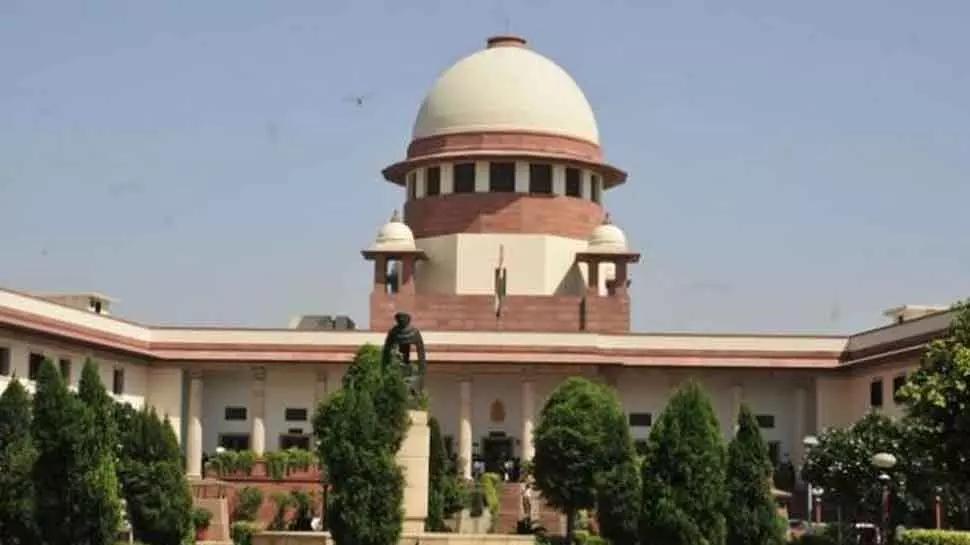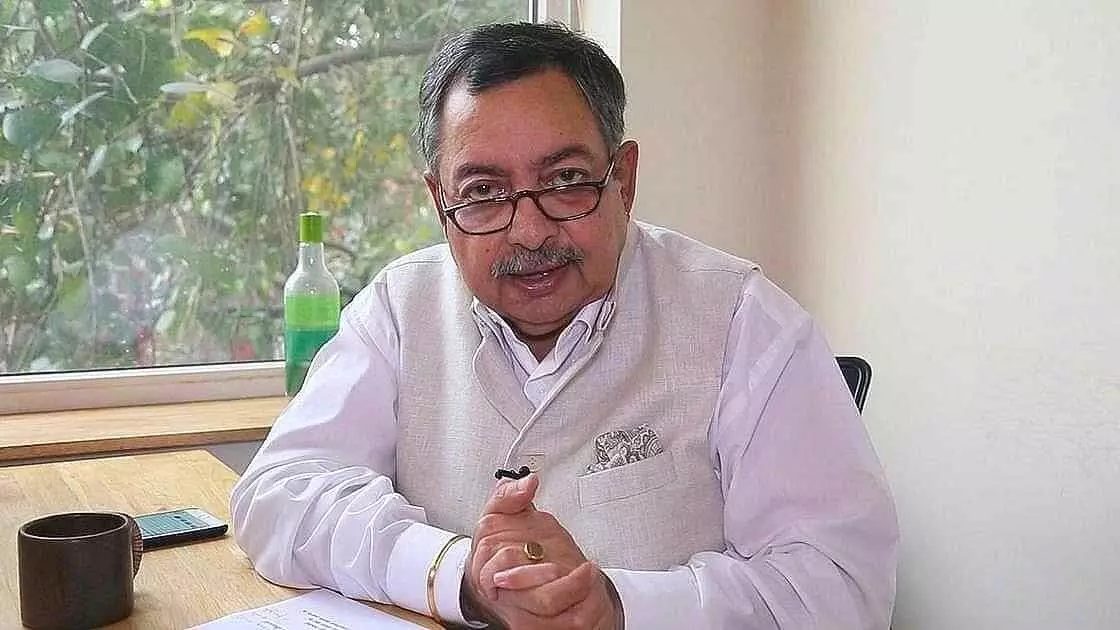
Unconstitutional, anti-people law
text_fieldsThe verdict of the Supreme Court in the Vinod Dua case is one of the strongest interventions of the judiciary for democratic reforms in recent times. The Supreme Court bench discarded the charges against journalist Vinod Dua referring to the Kedar Nath Singh case which declared that not all criticism of the government is sedition and only acts involving incitement to violence or threat to public order, could be deemed sedition. Usually, when the top court gives a verdict in such definite terms, it is routine- and right- for state-central governments to take cognisance and practise caution in the future. However, that is not how the country views it today. Several experts in law, human rights activists and believers in democracy have been at the forefront for a long while demanding the repeal of Section 124A of the Indian Penal Code noting that the law is a remnant of colonial times. In February, the Public Interest Litigation filed by multiple advocates was set aside by the bench of then Chief Justice Bobde for the only reason it didn't pertain to any particular case. Eventually, in April the case of two journalists (Kishore Chandra Wangkhem from Manipur and Kamal Shukla from Chhattisgarh came up before another bench.
Following their plea to repeal the law, the Court issued a notice to the Centre. By the end of May, the sedition case filed by the Andhra police against two television channels reached another bench. They pointed out that section 124 A of the IPC is against the Indian constitution. The Court on hearing the argument stayed further action against the channels and said, "...we are of the view that the ambit and parameters of the provisions of Sections 124A, 153A and 505 of the Indian Penal Code 1860 would require interpretation, particularly in the context of the right of the electronic and print media to communicate news, information and the rights, even those that may be critical of the prevailing regime in any part of the nation". It is after this, that yet another bench ruled for the freedom to criticise referring to the Kedarnath verdict in June.
Instead of understanding the essence of these, the state continues to use the section to oppress dissenters. The sedition case charged against filmmaker and activist Aisha Sultana after a BJP leader filed a complaint for her criticisms against the Lakshadweep administration, is the latest example of this. What they found seditious was calling the administrator who flouted COVID protocols and caused the spread of the disease in the islands, a 'bio-weapon.' How does this become seditious? It was this February that the Delhi court granted bail to environmental activist Disha Ravi in a sedition charge, pointing out that "criticising the government's policies should not be grounds for imprisonment." The Supreme Court did not simply reject the PIL filed by some people demanding charges of sedition against former Jammu and Kashmir minister Farooq Abdulla - it also fined the complainants with Rs. 50,000. The Supreme court repeated: "Having opinions different from the Central government cannot be called sedition." Even last month, the SC had said it is time to redefine what constitutes sedition. But when the government moves forward without considering these, how can we protect our democratic rights and freedoms?
Legal experts point out that the only resolution would be to remove section 124A, which includes sedition, from the IPC. The Narendra Modi government is using the law solely to threaten and suppress dissenters. It is an easy way to deal with protests and dissent. 27 sedition cases were charged after the Pulwama incident; 22 after Hathras; 25 against CAA protesters; 6 against farmers. Both the Centre and regional governments mostly use the law to hide their atrocities. These cases will not stand the test in court. However, the arrest, proceedings, and imprisonment without trial is itself a punishment for those dissenting.
There are legitimately incendiary channel debates, messages on WhatsApp and speeches on Clubhouse that are being ignored while justified democratic criticisms are being slapped with sedition charge. It is not the interest of the country, but the rulers who are behind this. Recent happenings are evidence that the sedition law, as long as it exists as a law, will be used for anti-people moves. Its removal is the only solution for it has been proven that this law is against the spirit of our constitution.
























